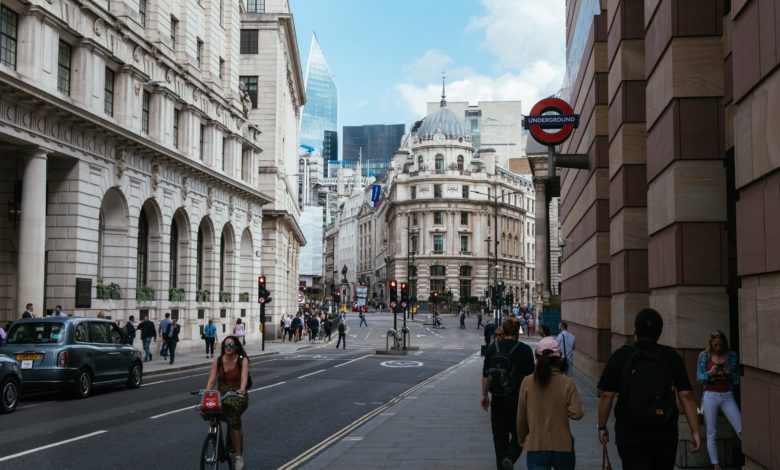Inflation hits eight-month high of 2.6% in November
According to the Office for National Statistics, the main drivers behind the rise were fuel and clothing, where prices rose this year but fell a year ago

Inflation has risen for the second month in a row, rising to 2.6% in November, up from 2.3% the previous month, marking the highest level of inflation in eight months. According to the Office for National Statistics, the main drivers behind the rise were fuel and clothing, where prices rose this year but fell a year ago.

